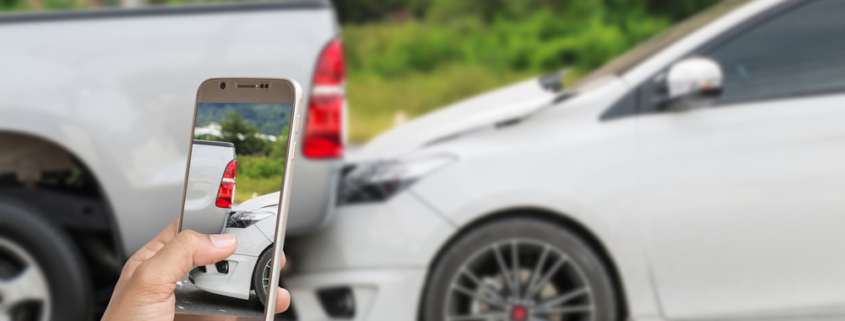Common Dental Injuries That Result from Auto Accidents
Dental pain is all-consuming—just ask anyone who’s had to work with an exposed root while waiting for an opening at their dentist’s office. Unfortunately, car crashes often lead to painful, permanent, and expensive dental injuries. If you get hurt in an accident, it’s important to get the treatment you need and find out what your legal options are.
The team at Olmstead & Olmstead is here for you when an accident turns your life upside down. To talk to us about your accident and find out if you can fight for compensation, call us at 703-361-1555.
How Car Crashes Can Lead to Dental Injuries
Car crashes involve a significant amount of force moving at incredibly high speeds. Even at speeds of 25 to 30 miles per hour, a small projectile can cause a serious tooth injury. Quite a few injuries are caused by direct contact between the mouth and a projectile or part of the vehicle. For example, if you hit your head on the steering wheel, dashboard, window, or airbag during a collision, you may experience a loose or knocked-out tooth.
Some injuries are caused by twisting of the tooth within its socket. These injuries often occur when the mouth hits an object at a speed high enough to damage the tooth but not high enough to eject it from the mouth. In these situations, the angle of impact also matters.
Signs of a Dental Injury
After a collision, it’s common to have aches and pains all over your body. This often makes it hard to know where you have a genuine injury and where you’re just sore from the crash. Watch out for these symptoms of common dental injuries:
- Pain that does not subside with time. While soreness is normal after a collision, it should fade if there are no real injuries. Persistent tooth or mouth pain is a sign that something is wrong. While you’re most likely to feel it in your teeth or gums, you should also be on the lookout for jaw pain or stiffness.
- Visible chips or cracks. If you can figure out where in your mouth the pain is coming from, take a look at the affected tooth or teeth. Visible cracks and chips in the tooth warrant immediate dental attention. When left untreated, cracks in the teeth can grow until they reach the root of the tooth, causing permanent damage and blinding pain.
- Limited jaw mobility. Are you unable to open your mouth like you normally do, or does your jaw click when you move it in certain ways? These symptoms are indicative of dental injuries. Rather than pushing past the pain to try to regain your mobility, visit a dentist.
- Loose tooth. Few things cause more stress than feeling a wiggly tooth where an adult tooth resides. There could be damage to the gums or teeth.
Types of Dental Injuries
Treatment options depend on which type of injury you have. Some of the most commonly reported dental injuries include:
- Fractured teeth. A broken tooth can vary quite a bit in appearance and pain level. Some fractures are minor enough that they do not cause pain or affect the color of your tooth. However, they do still require treatment to avoid further damage. Fractures that extend deeper into the tooth are likely to cause significant pain and discomfort.
- Avulsed teeth. A tooth that’s knocked out from the gums may be able to be replaced, but there is a very short time frame during which this is an option. If this is not an option or the tooth dies before you can get to the dentist, you’ll likely need a fake tooth.
- Tooth luxation. Consider a tooth lunation the last step before an avulsed tooth. At this stage, the tooth is loose within the socket but is still holding on. Treatment may return the tooth to its original location, preventing complete avulsion.
- Chipped tooth. A chip in the tooth may be solely aesthetic, but that does not mean it’s not an injury. Damaged teeth can cause mental discomfort, low self-esteem, and other issues.
Explore Your Personal Injury Claim Options with Olmstead & Olmstead
Have you suffered an injury to your teeth, gums, or jaw during a car crash? It’s time to find out what your next step should be. Call Olmstead & Olmstead at 703-361-1555 or reach out online to schedule your consultation now.





Leave a Reply
Want to join the discussion?Feel free to contribute!